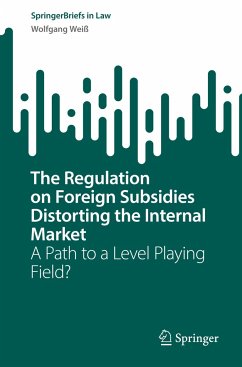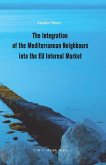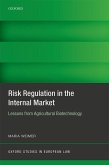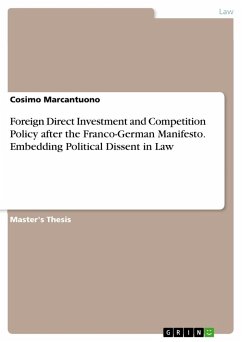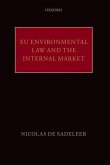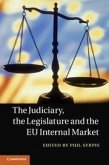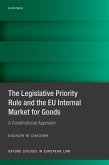The book shows that the Regulation pursues its objective of ensuring greater equality of competitive conditions on the EU´s Internal Market only by accepting new bureaucracy, establishing the need for complex and extensive assessments and raising considerable legal uncertainties as a result of undefined legal terms and comprehensive Commission discretion. The EU legislators, the Council and the European Parliament, in June 2022 adopted a new regulation that entered into force 12 January 2023: Regulation 2022/2560 on foreign subsidies distorting the internal market. This book analyses the regulation in more detail. To this end, after the brief introduction, its rationale and core contents are first presented. Then, its scope of application is to be explored in more detail, as the Regulation was criticised early on with regard to its compatibility with international law, which has an intense bearing on the substantive and personal scope of application of the Regulation. Subsequently the central regulatory concepts of the Regulation will be presented and then the specific rules for concentrations and public procurement procedures analysed. The conclusion will summarise the findings. In view of the likely backlash from powerful third countries, there is a risk of new distortions to the detriment of EU companies´ activities in third country markets.
Bitte wählen Sie Ihr Anliegen aus.
Rechnungen
Retourenschein anfordern
Bestellstatus
Storno

